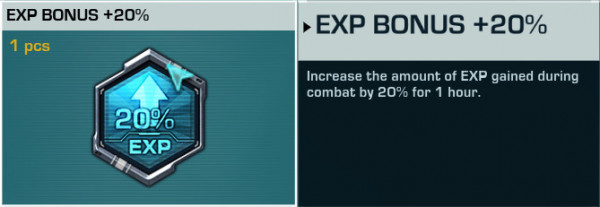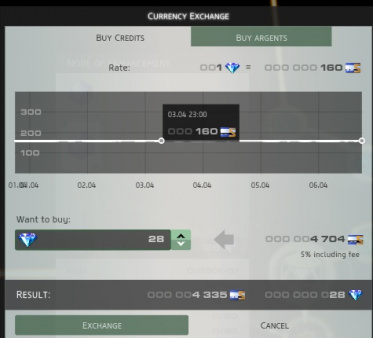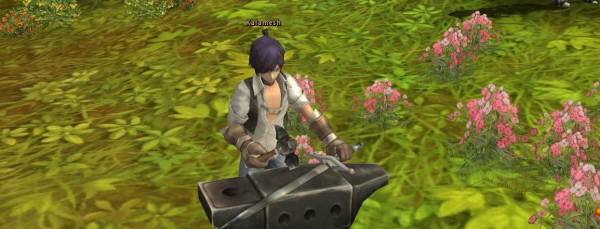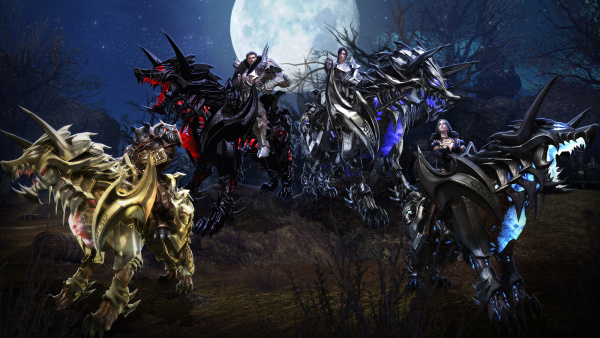Are Pay-To-Win Items As Pay-To-Win As We Think They Are?

I have seen so many definitions of the term “pay-to-win” over the years that I can no longer count them on one hand. Some think that gear in the cash shop is okay, so long as you can obtain better gear as drops. Others think that even experience boosters are pay-to-win. Others still insist that games that sell more than cosmetics are insistent on taking money from the player. Today, I’m going to take a look at some of my opinions on various items that have been called pay-to-win in the past.
Extra Inventory Space
I can’t believe that I have to put “extra inventory space” on this list, but I’ve seen it labeled as a pay-to-win item more than once. The problem is that it isn’t. I’ve yet to play a single game in which extra inventory space was more than a convenience. Sure, it would be nice to carry everything and the kitchen sink just so I can be completely prepared for everything, but I can’t think of a single case in which I’ve thought “this inventory space is absolutely necessary.”
The closest I’ve ever come is probably Echo of Soul. Eventually, you will reach the fifth tier of gem upgrading and upwards of five slots at a time will be taken up by the various tiers of a single color of gem. These gems can then be slotted into gear to provide stat boosts. It’s not really necessary to actively upgrade every single gem at a time, though, and you could just as easily leave slots open for tiers one and two, storing the spares in your bank.
Experience Boosters
I’ve always found the claim that experience boosters are a pay-to-win item to be absurd. If it even provides an advantage at all, you are subject to the exact same issues when pitted against veteran players that haven’t put a cent into the game. The question I always ask myself is “what exactly are they winning at?” So the player that buys experience boosters gets to the endgame quicker. They burn through content faster. Is that really something to be concerned about?
There are a few rare cases in which the level cap is either high enough that no one has ever reached it or non-existent. In these games, experience boosters could be considered pay-to-win in the vaguest sense. However, the only cases I can think of offhand are the original Lineage and Darkfall, neither of which has sold experience boosters over the course of its life in the West.
Buying In-Game Currency
It’s really down to the game that allows you to buy in-game currency to balance itself properly. EvE Online players boast that you could have the “best” ship in the game and you could still be defeated by the “worst” ship in the game if you don’t know how to pilot it. In games like MapleStory, there’s no PvP, so you have to wonder why it’s an issue at all.
Assuming that the game has an auction house and provides the best items as drops, the primary concern that is generally thrown around is that players who pay for in-game currency will simply be able to buy the best items off of the auction house and essentially pay to win. The flaw in this argument is that some other player still had to go out and grind the endgame for that item, possibly even for multiple copies of that item in the case that it was an item that they wanted for themselves. Buying in-game currency is largely just another form of skipping the grind. The model’s pay-to-win status relies heavily on where the best items are placed.
Items That Give You Better Chances At Upgrading Or Crafting
Items that give you better chances at upgrading or crafting are largely not pay-to-win. Ultimately, time will grant you the results you want, as with experience boosters. It’s often just another part of the endgame grind.
The issues with these items occur in similar situations as experience boosters. When rates are set low and items can be upgraded either an unreasonably large number of times or infinitely, then an issue occurs. ArcheAge suffers from this specific issue, but I have yet to see another game in which the gap between paying and non-paying players is quite that obvious.
Cosmetics And Pets With Stats
Cosmetics and pets with stats are often blatantly pay-to-win. Maybe there’s a costume that buffs attack power. Maybe a pet gives you a buff to magic defense. These are rarely, if ever, offered as drops. They’re attached to the fancy, cash-only costumes and pets.
I don’t consider a mount that considers higher move speed than those obtainable in-game to be pay-to-win, though. I don’t honestly care how much faster someone moves when mounted. Mounted combat in MMOs is so rare that it’s not worth worrying about. When it comes to combat, they won’t have any advantage over you.
Cash Shop Gear
Cash shop gear can easily be pay-to-win. Usually, it is. You have the items that clearly have better stats than the gear you can obtain in-game. Almost any browser game I can think of off the top of my head employs some form of pay-to-win gear purchases.
There are rare cases in which the cash shop gear isn’t actually pay-to-win, but they are few and far between. RIFT, for example, provided what I would call “minimum viable raiding gear” for players that wanted to experience raids without the grind for the necessary gear. Much better gear could be obtained in-game.
Some games find more creative ways to employ pay-to-win elements. Most notably, Silkroad Online recently implemented a rewards program that grants big spenders actual attack bonuses. In the end, it all comes down to the implementation. Even the most evil of cash shop practices can be made fair under the right circumstances.
What are some of your (least) favorite pay-to-win items?








